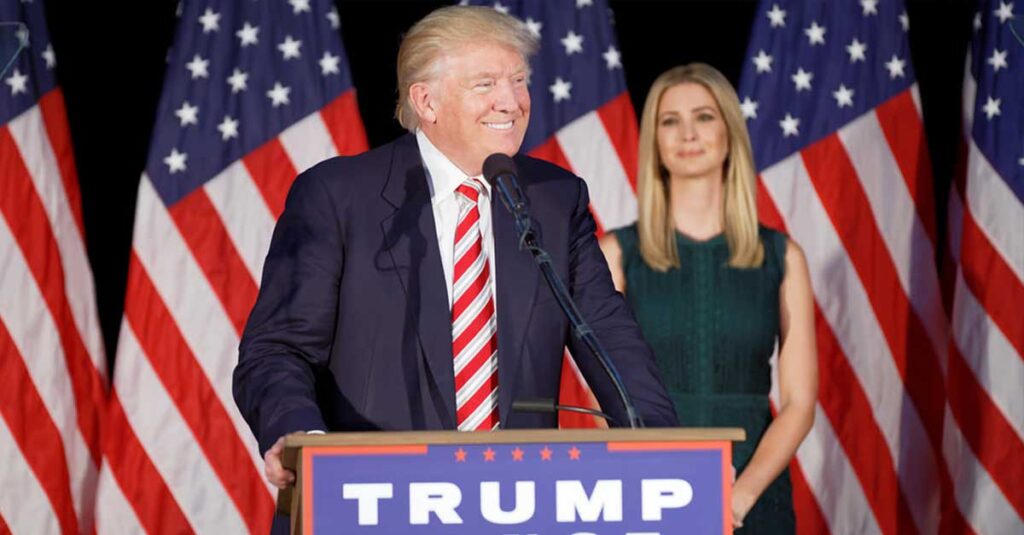As president, Donald Trump accomplished several notable things, according to his supporters and some observers. Here are some highlights:
- Tax Cuts and Jobs Act: Trump signed into law the Tax Cuts and Jobs Act in 2017, which was aimed at reducing corporate and individual tax rates. This legislation was lauded by many as a boost to the economy and job creation.
- Deregulation: Trump’s administration rolled back numerous regulations across various industries, aiming to reduce bureaucratic red tape and spur economic growth. This deregulation was seen as beneficial to businesses and job creation.
- Appointing Conservative Judges: Trump successfully appointed three conservative justices to the Supreme Court, reshaping its ideological balance for potentially decades. Additionally, he appointed numerous conservative judges to federal courts, fulfilling a campaign promise to prioritize conservative judicial appointments.

- Criminal Justice Reform: The Trump administration supported and signed the First Step Act, a bipartisan criminal justice reform bill aimed at reducing recidivism rates, providing rehabilitative programs for inmates, and addressing disparities in sentencing.
- Middle East Peace Deals: Trump’s administration brokered several diplomatic agreements in the Middle East, including the Abraham Accords, which normalized relations between Israel and several Arab countries. These agreements were significant steps towards peace and stability in the region.
- Trade Deals: Trump renegotiated trade deals, including the United States-Mexico-Canada Agreement (USMCA), which replaced NAFTA. The administration also engaged in trade negotiations with China, aiming to address perceived unfair trade practices.
These accomplishments represent some of the key initiatives and policies enacted during Trump’s presidency, as viewed by his supporters and certain observers.

